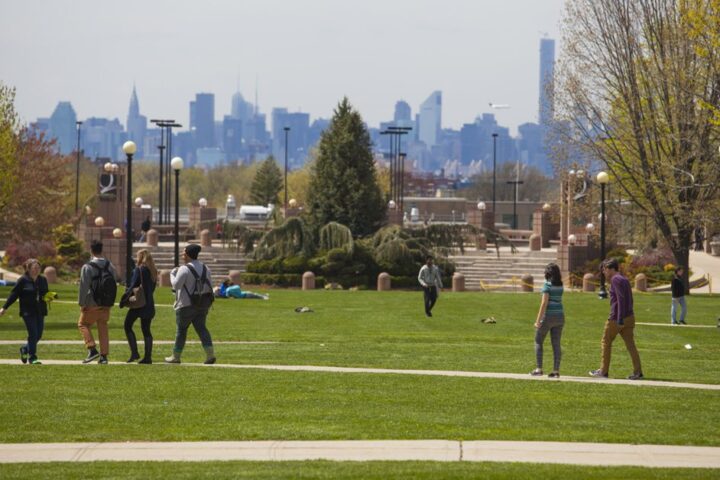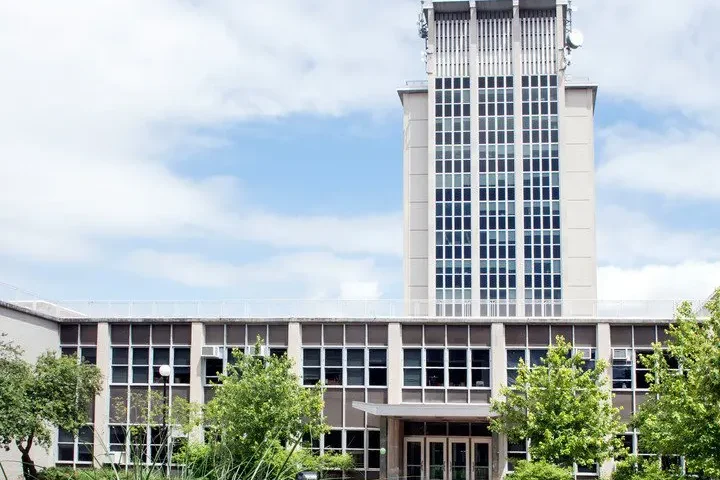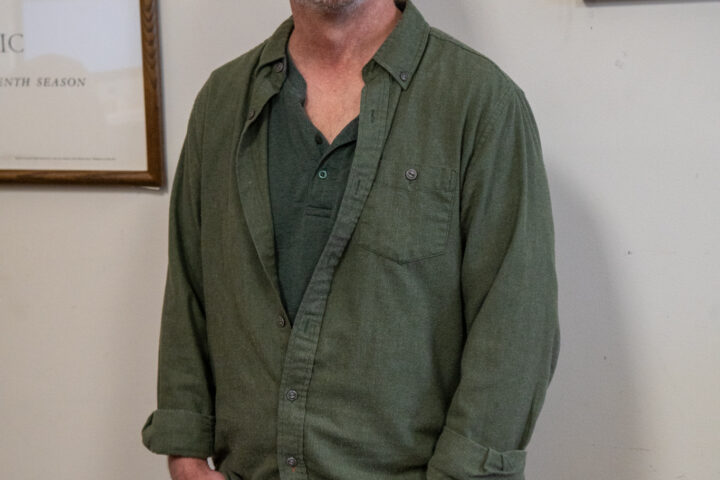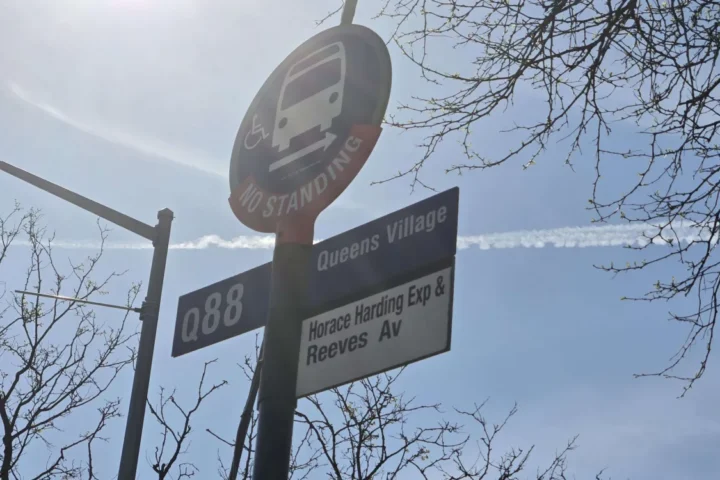Queens College is bending to demands forced upon it in recent years by an increasing budget issue that’s rapidly spreading across the entire CUNY system.
“A disturbing trend in faculty hiring at QC is that we increasingly hire lecturers rather than professorial lines,” an anonymous professor wrote in a statement, “simply because lecturers’ salaries are lower and they are contractually required to teach more — 24 credits a year instead of 18 credits a year for a professorial line.” The professor chose to remain anonymous due to conflict of interest.
The professor further explained that the simple money-saving strategy contributes to a snowball effect for students.
Professors have an annual teaching load of 18 credits, or six courses. For lecturers, those numbers are 24 or eight courses, respectively. In the anonymous professor’s own department, a single lecturer is being hired to replace three professors, leading to fewer courses taught by full-time faculty members and an increase in the importance of adjunct professors.
Budget cuts have resulted in fewer adjuncts, which in turn limits the courses available to students, some of whom may be trying to stay on track for graduation with a specific course that isn’t available.
The financial issue is a result of what is called the ‘TAP Gap.’ The New York State Tuition Assistance Program (TAP) financially supports a significant number of CUNY students each year, but while the yearly tuition has increased by over 30 percent since 2011, TAP’s assistance has flatlined.
For the 2019-20 academic year, TAP is paying $5,165 — currently the maximum amount provided — for the tuition of full-time students, leaving over 25 percent of the actual tuition – $6,950 – to be made up elsewhere by the individual schools. For over a decade, the average amount of payment provided has fallen below $4,000.
CUNY reported a staggering $74 million TAP Gap for 2019-20, a figure that only looks to increase in the coming years with the continuous rise of tuition costs, forcing the school to cut corners wherever possible. Adjuncts are losing their jobs and professors are being pressured to increase their class sizes, leading to other subsequent consequences.
“Our operating budgets are being slashed,” said Karen Weingarten, the acting chair of the English Department. “We no longer have funds for basic office supplies; our travel funds for academic conferences were cut, so faculty can’t afford to go to conferences, which is often where we exchange ideas and learn new things that we take back to our classrooms.”
To counter these ramifications, Queens College has undergone a vigorous cost/benefit analysis of potential hires, allowing them to operate as efficiently as possible during a time when every dollar matters to the school’s overall stability.
Neither QC nor CUNY are at fault for these issues. A large chunk of the blame can be credited to Governor Andrew Cuomo, who has refused to sign the Maintenance of Effort Bill that would decrease the TAP Gap.
Both teachers and students are doing their best to make their voices heard, putting together a rally at the State Capitol last March. On Jan. 28th, the New York Public Interest Research Group gave a 15-page testimony in front of the Joint Legislative Budget Hearing On Higher Education that highlighted the urgent need for proper funding.
Lily Mou was a student at Baruch College whose story was shared during the testimony. She detailed her own struggles that arose from TAP’s lack of funding.
“While I receive TAP and Pell, it still wasn’t enough,” she said. “So this spring I had to pay $600 out of my pocket to make sure my classes wouldn’t drop! I have to work to pay the difference that financial aid does not cover, hindering me from focusing on school which is why I am unable to graduate on time.”
Though obviously intended as more of a benefit than a burden, financial aid has, in this instance and many others, derailed the academic progress of students by topping an already-heavy workload with even more responsibilities.
“The budget cuts at Queens College are disheartening and reflect how New York State — and particularly its legislature and governor — don’t value public higher education,” Weingarten said. “It’s time for CUNY’s Board of Trustees to stand up to Governor Cuomo and demand full funding for CUNY. And it’s time for the New York State legislature to vote to fund public higher education.”














